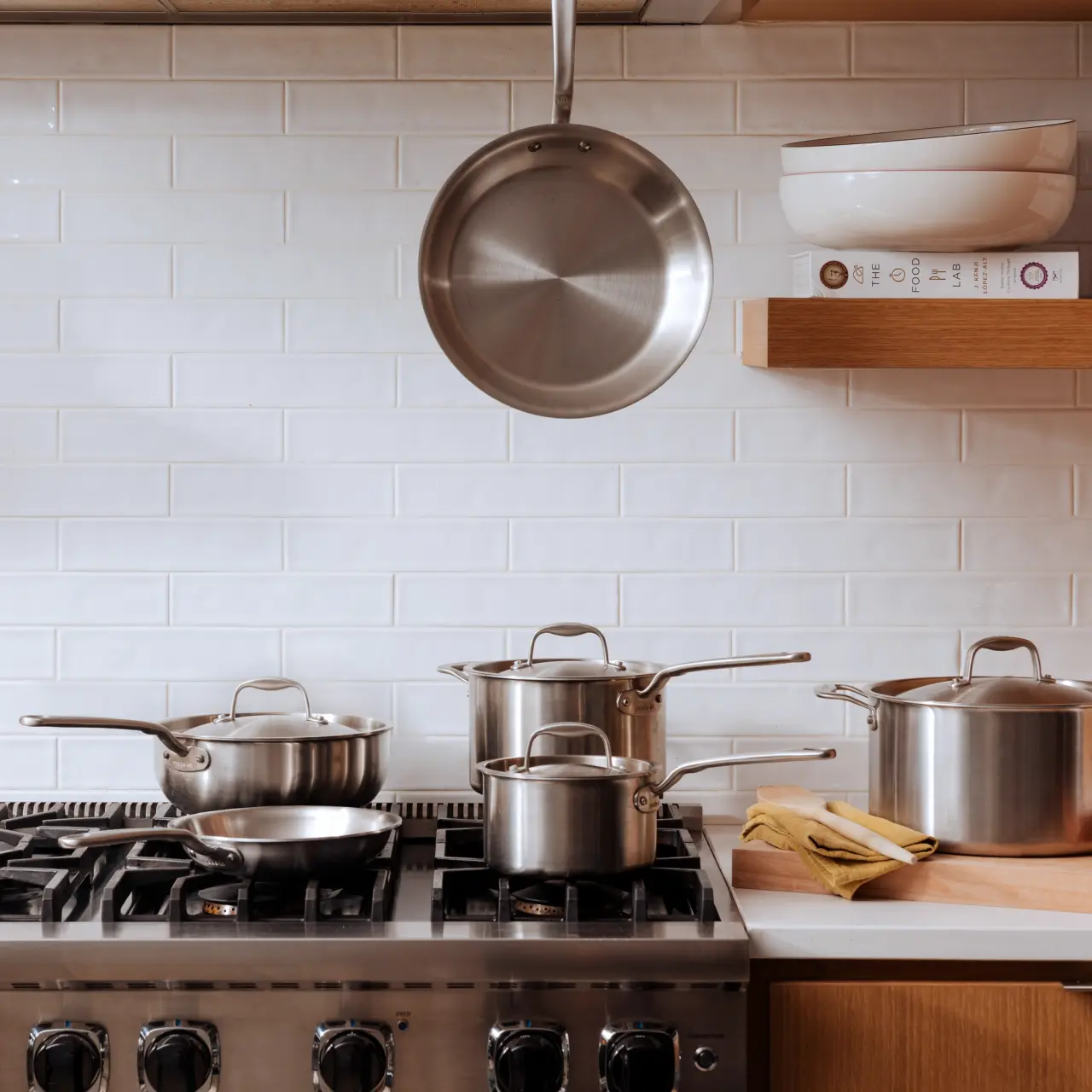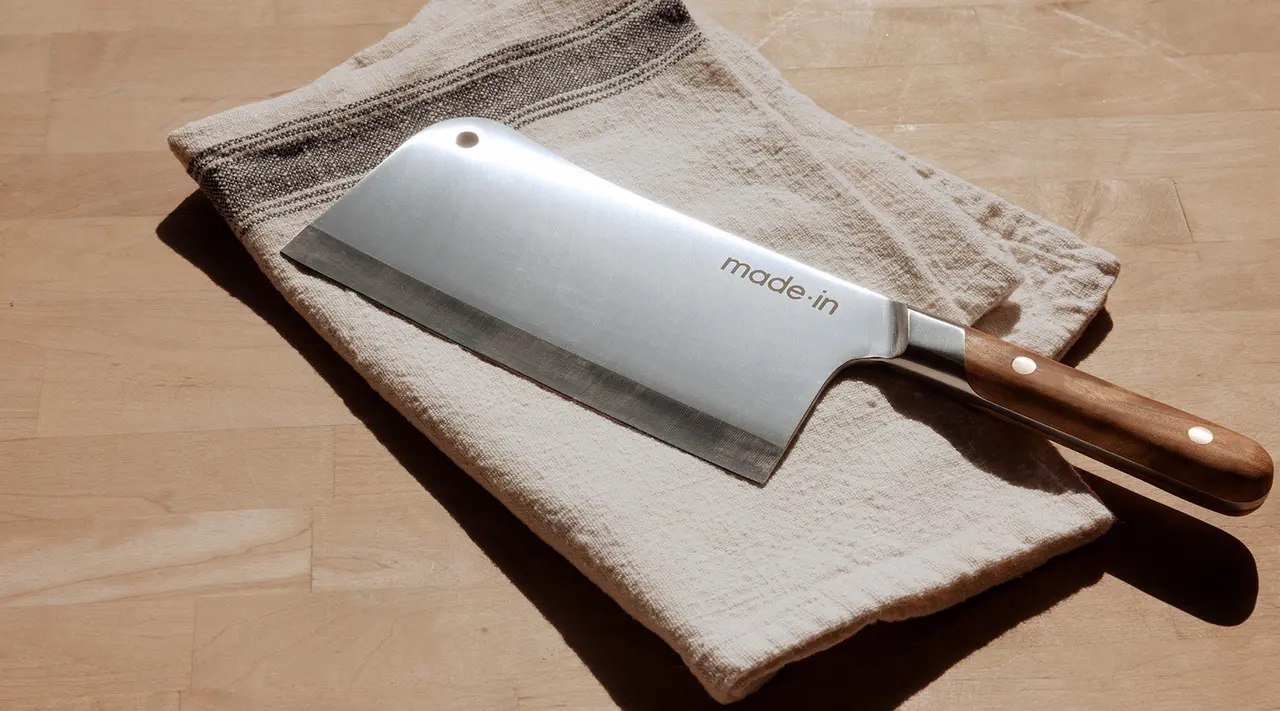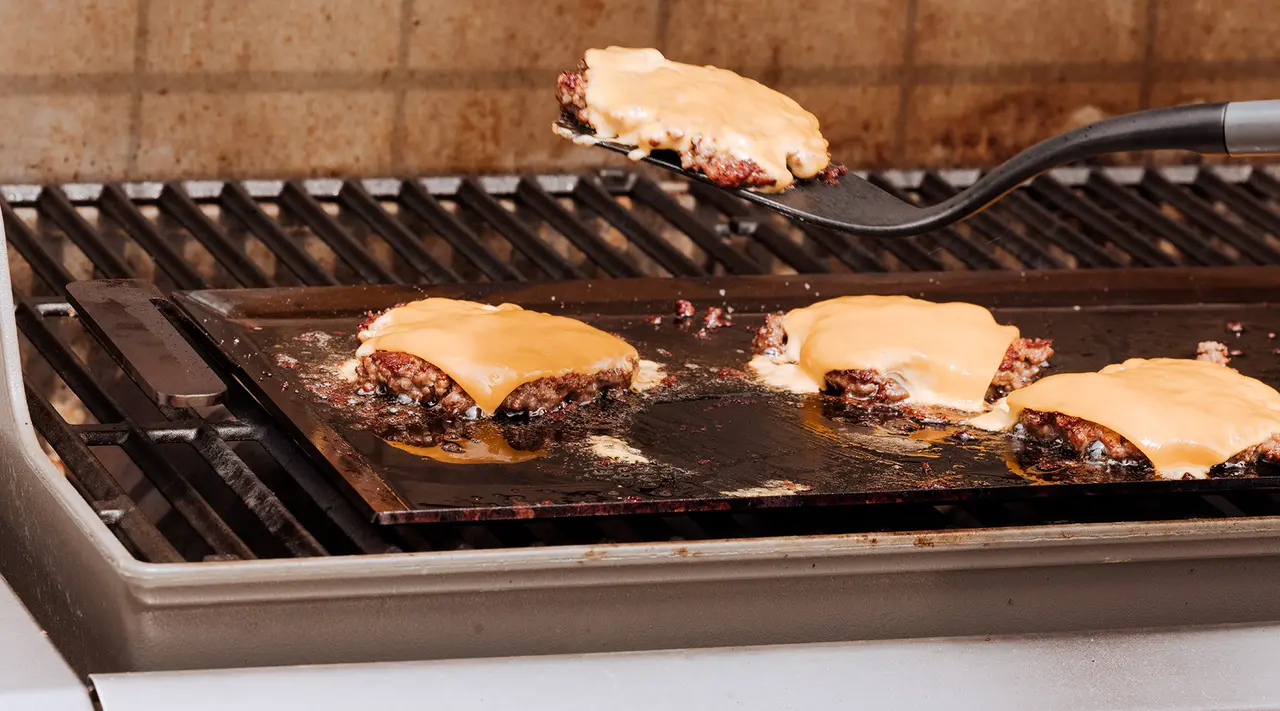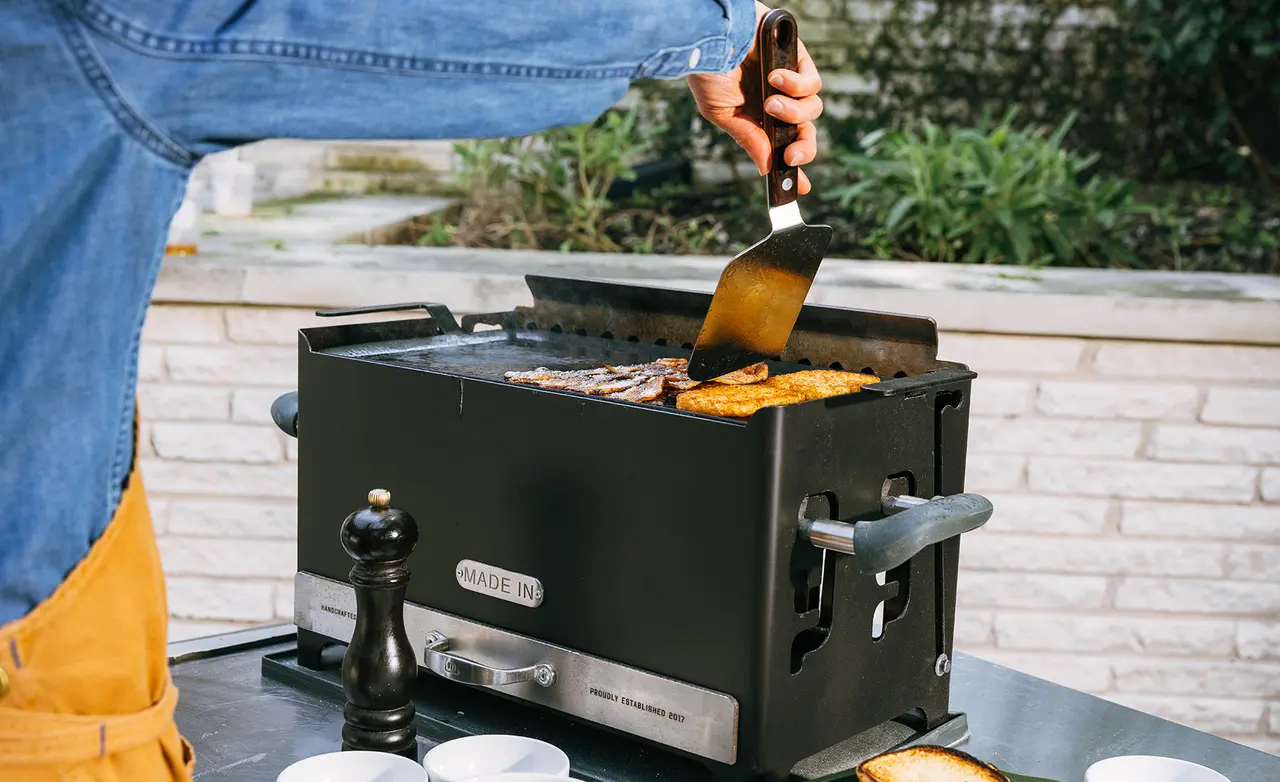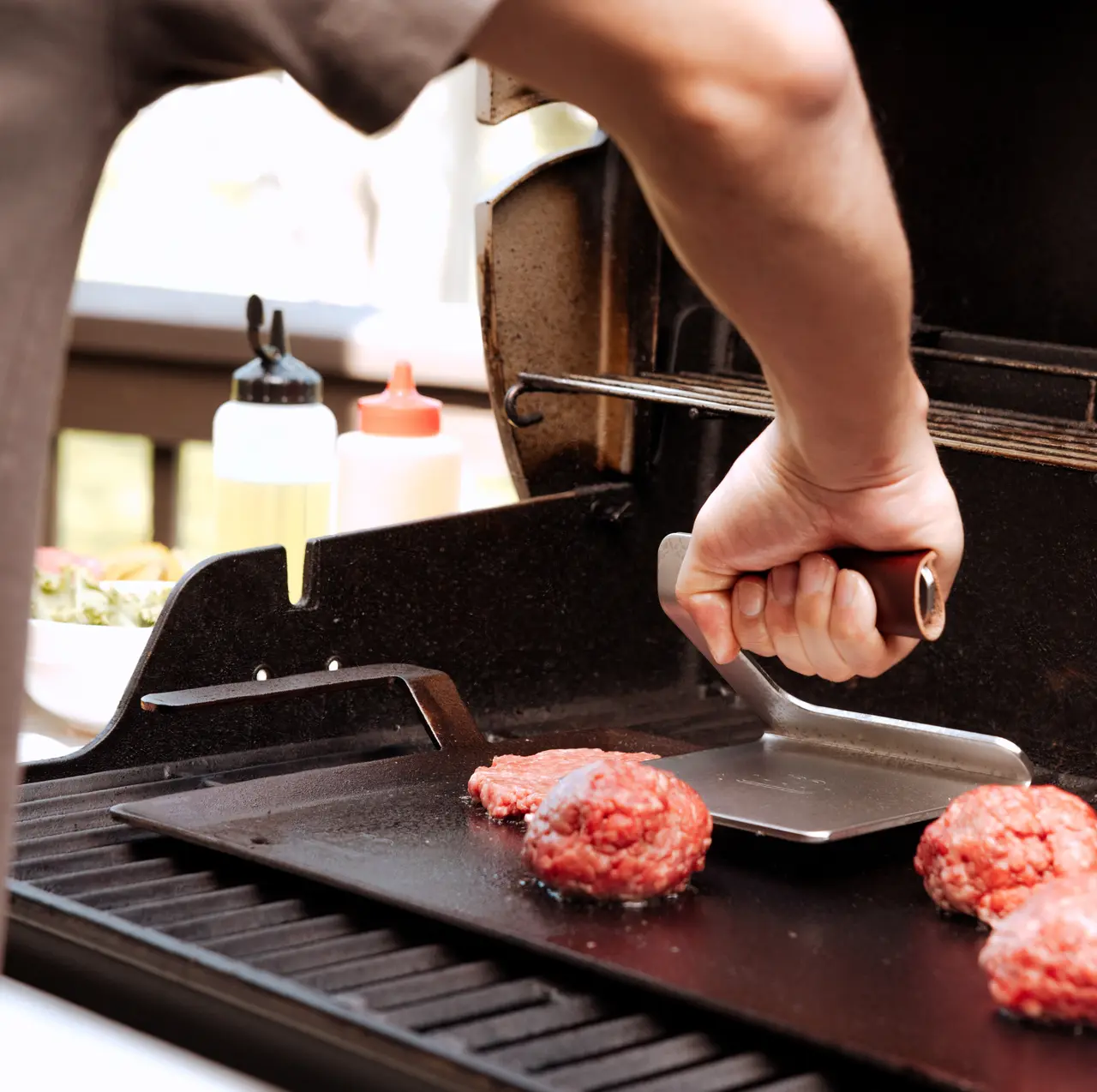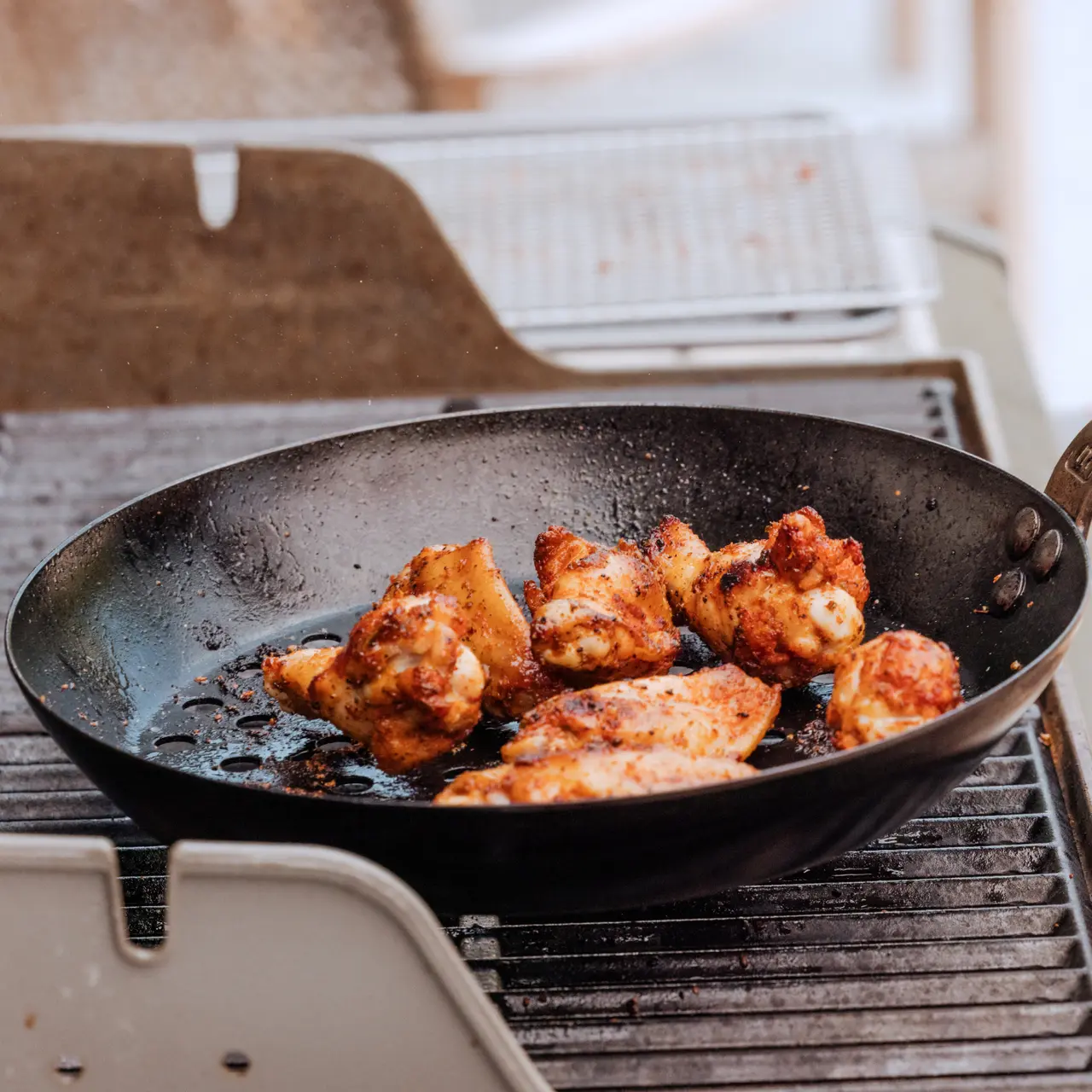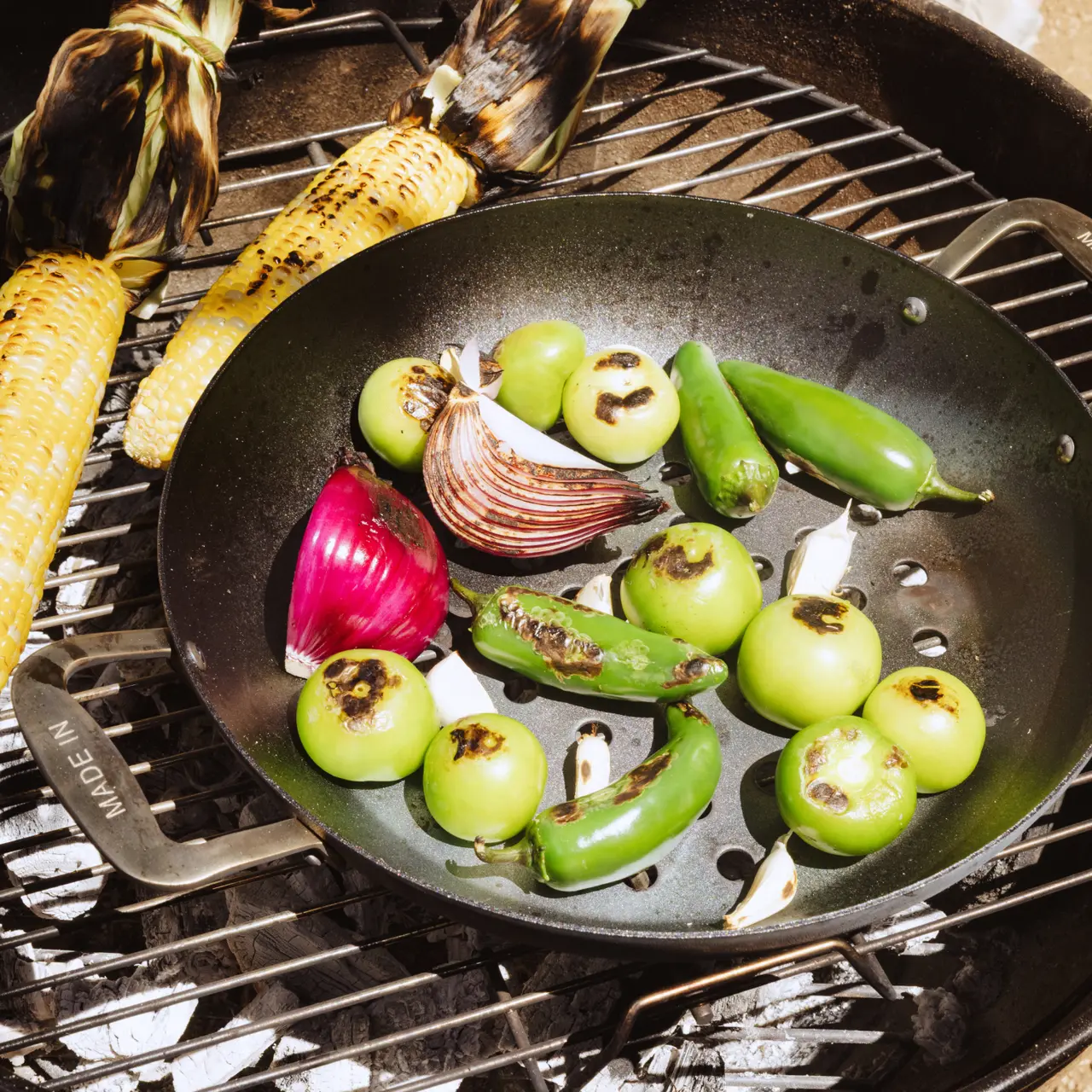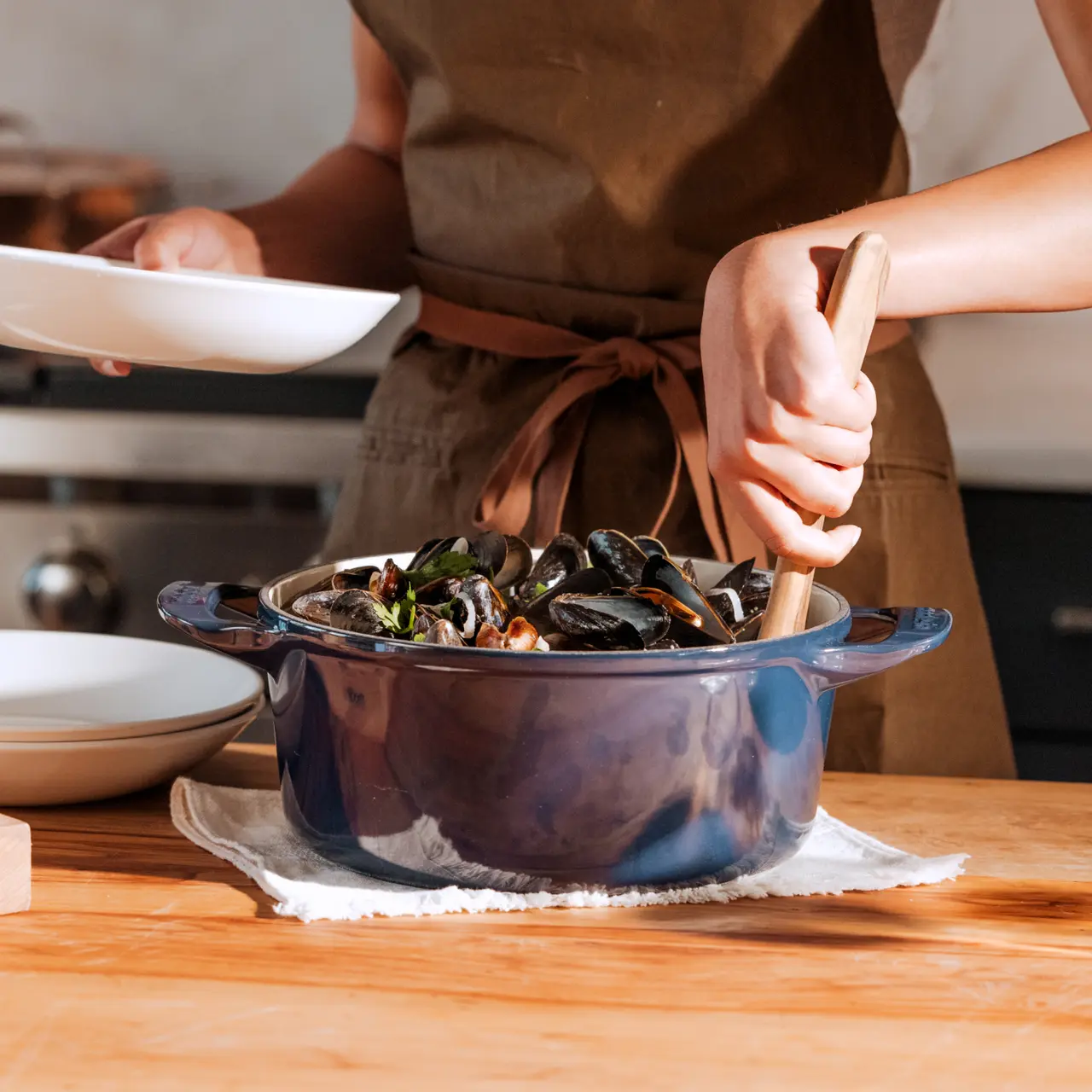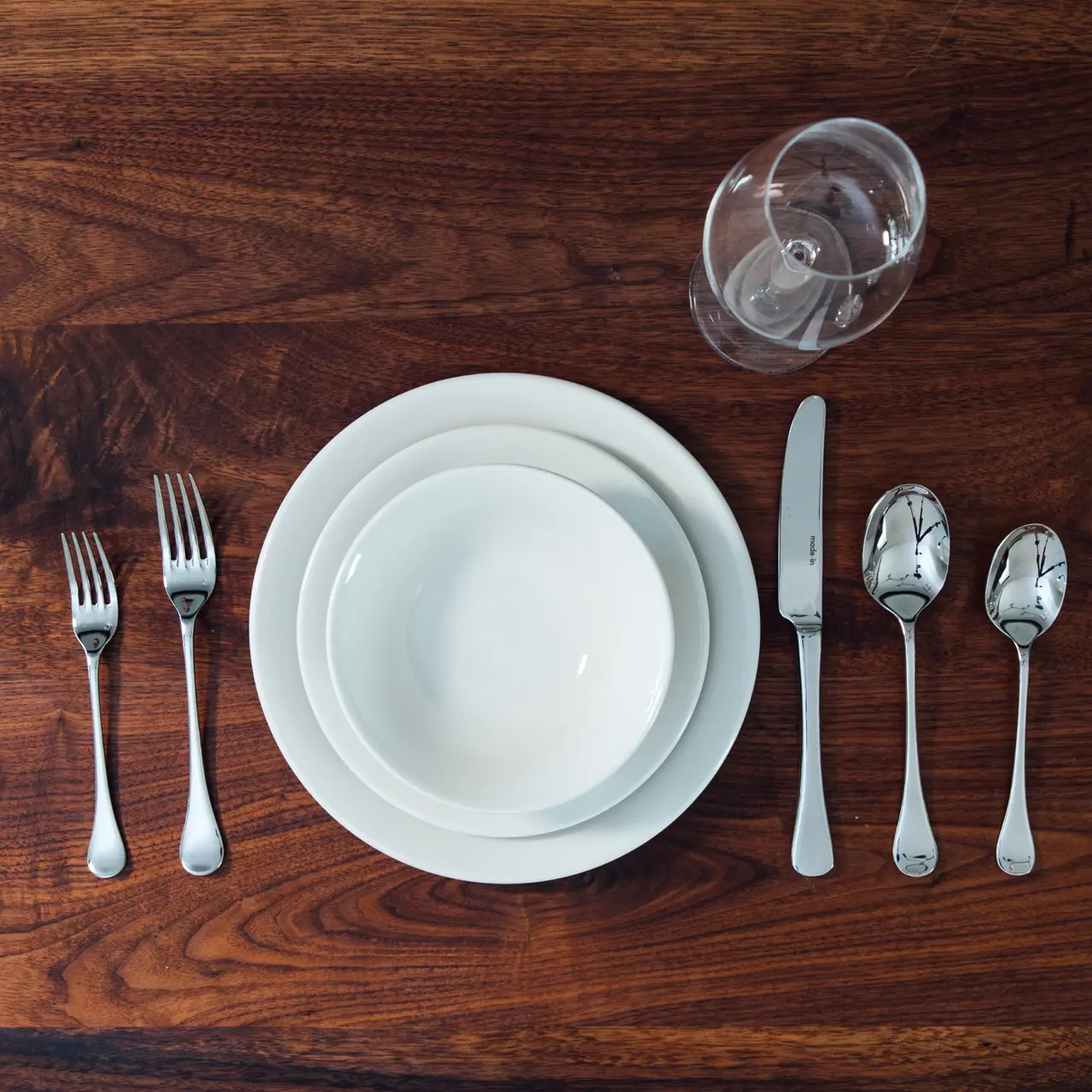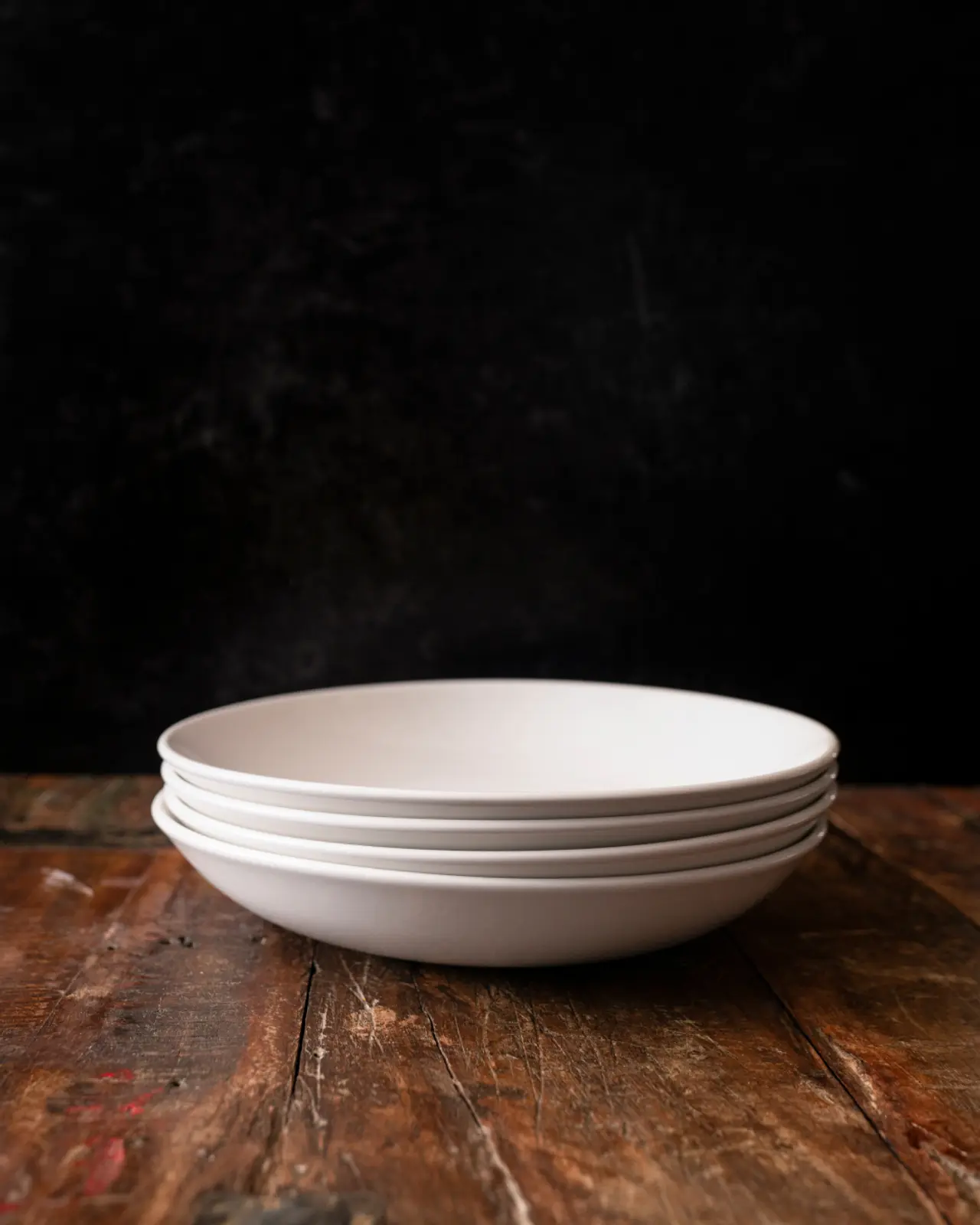If you’re a breakfast person, poached eggs are surely one of your go-to favorite dishes to order when you go out for brunch. In fact, this delicious and healthy breakfast staple that’s the core of Eggs Benedict is one of the most frequently ordered dishes when people eat breakfast out.
Unfortunately, home cooks seem to be a bit intimidated when it comes to making delicious poached eggs at home. The technique that produces firm egg whites and golden, creamy centers might seem difficult, but it’s actually as easy as boiling water.
If you’re not familiar with how to cook poached eggs, this guide will have you preparing at-home brunch in no time—no need to go out.
What Is Poaching?
In order to truly understand how to poach an egg, you must first need to know what poaching is. Basically, poaching an egg simply means that it is cooked without its shell in barely simmering water
Poaching an egg, similar to boiling, is a cooking method that uses moist heat and the submerging of ingredients in water or flavored liquid to cook. What sets these two cooking methods apart is the temperature of the water—boiling uses the hottest temperature, while poaching uses the lowest.
While eggs are the most popular items that are poached, this technique can also be applied to fish, chicken, and fruit. Poaching is one of the healthiest cooking techniques, especially for eggs, as it doesn’t require the addition of any fat during the cooking process.
How to Poach Eggs Perfectly
While many home cooks think poached eggs can be difficult to master, the poaching technique is actually quite simple once you perfect it. This technique will provide poached eggs that have soft yet set egg whites on the outside, with runny yolks on the inside.
You’ll need the following ingredients and tools to get started: eggs, number varies depending on desired servings, and slotted or Wooden Spoon, ramekin or Side Bowl, sieve, and Saucepan.
Step 1: Boil WaterFill a Saucepan with 3 to 4 cups of water. Bring to a boil with the lid on, then remove the lid and reduce heat to maintain a gently simmering boil (as opposed to a roiling boil). Do not salt the water.
Crack egg(s) into a ramekin or Side Bowl. This enables you to easily pour your eggs into the boiling water and ensure there are no remaining shell bits in the egg. Do not mix whites and yolk together.
Using a wooden or slotted spoon, carefully stir the water in a circular motion until the water is spinning on its own, without being stirred again. There should be a clearly defined spinning section, similar to a whirlpool or vortex.
Add the egg(s) to the spinning water in the Saucepan. The circular motion of the water helps to form the egg into a round shape that ensures thoroughly cooked and poached yolk and whites.
Leave egg(s) in water to poach, without stirring or disturbing again, for 2 ½-3 minutes, or until egg whites are no longer opaque. Carefully remove eggs from water with a slotted spoon or sieve, then serve immediately.
Additional Tips for Perfect Poached Eggs
- It’s best to use gently boiling water when making poached eggs, as opposed to a roiling boil. This means that when the water has just come to a boil, you should lower the heat so that it is gently boiling.
- Some recipes suggest adding vinegar to the water to help the egg white firm up—we skipped this step, as we believe that the amount of vinegar you’d need to effectively firm the egg whites would actually impart a vinegary taste to your poached egg.
- Use a deep pot or pan for egg poaching results. A deeper pot, like a Stainless Clad Saucepan, will result in a beautifully round poached egg.
- Once the egg is fully poached, use a slotted spoon or ladle to gently remove the egg and drain the water before plating.
- After you crack the egg into the ramekin, pour it directly into the boiling water. This ensures that your egg yolk is intact with no shell pieces, and also allows you to easily pour the egg into the pot.
- For the very best poached eggs, use a fine mesh sieve for eggs before cooking. This will allow you to strain the liquid portion of the egg whites that create unwanted wispies when cooking, leaving you with just the firm egg whites and a delightfully runny yolk.
Ready to Cook?
With this simple recipe and a few cooking tips, you’re all set to make poached eggs you can be proud of. Just grab your favorite Made In Cookware and be prepared to wow your friends and family with your upgraded brunch skills.




